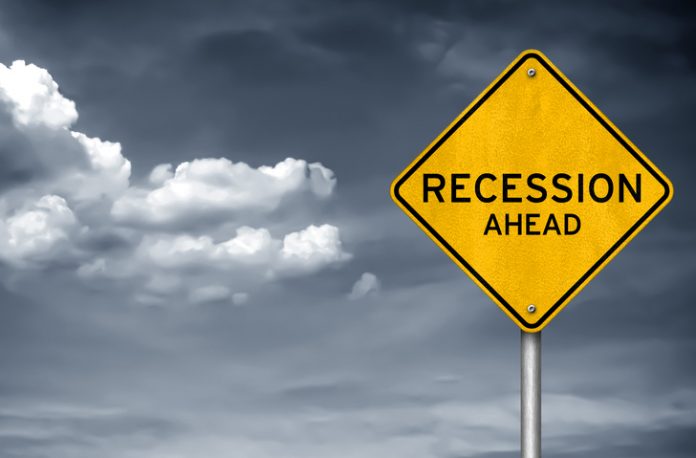Today’s labor report shows U.S. private-sector employment increased at a 3 percent annual rate. By most measures, the economy continues to grow. Unfortunately, this will encourage the Fed to continue its policy of monetary restraint and bring on a worse recession.
The Week That Was
Today’s September employment report shows the number of private-sector jobs increased by a relatively strong 288,000. This is slightly more than in August though well below the 400,000 gains in prior months.
The conflicting business surveys showing a wide difference in the state of economy narrowed this past week. Although the September surveys continue to show differences, the average assessment is overall business conditions remain flat to slightly higher. The strong increases shown in the latest ISM survey for service companies continue to be an outlier.
Adding to the mixed news was the September S&P Global survey of U.S. business activity. It showed the economy declining less in September than in August. An alternative ISM business survey showed the economy expanding in August with strong new orders. These surveys have different sources, providing different feedback.
Money, Money, Money
Without data showing a dramatic slowdown in inflation and sharp declines in economic activity, the Fed will continue to remove money from the economy and hike interest rates. That will slow down the economy and move conditions toward a worse recession.
Things to Come
The main news this coming week will be next Thursday’s report on September’s consumer price index. Anticipating the magnitude of the inflation number is difficult. Total inflation in August increased at a 7 percent annual rate despite a sharp drop in prices of oil and other commodities. Inflation ex-food and -energy increased at a 4 percent annual rate.
With most business surveys showing price pressures having come down to moderate levels, our expectation is for some moderation, with the Consumer Price Index increasing by 4 percent to 6 percent.
Next Friday’s September retail sales report is another one that is difficult to anticipate. Retail sales data are highly erratic and often revised. Retail sales rose at a 4 percent annual rate in August. With incomes in recent months rising at a 4 percent to 5 percent rate, our expectation is for retail sales to show a similar increase.
Market Forces
Stocks moved erratically higher this week, with the S&P500 up 3 percent.
Stocks have been essentially flat over the past two weeks. The economic news has been mixed. Although housing and stock prices suggest buyers are preparing for a sharp decline in the economy, current business surveys indicate the economy is flat to growing at a modest pace.
From a technical point of view, the market remains vulnerable, with indexes still close to their mid-June lows.
We continue to believe the economy is in early stages of what will become a serious downturn in the months ahead.
Outlook
Economic Fundamentals: negative
Stock Valuation: S&P 500 overvalued by 17 percent
Monetary Policy: restrictive
For more from Robert Genetski.
More on recession.
For more Budget & Tax News.
For more from The Heartland Institute.











